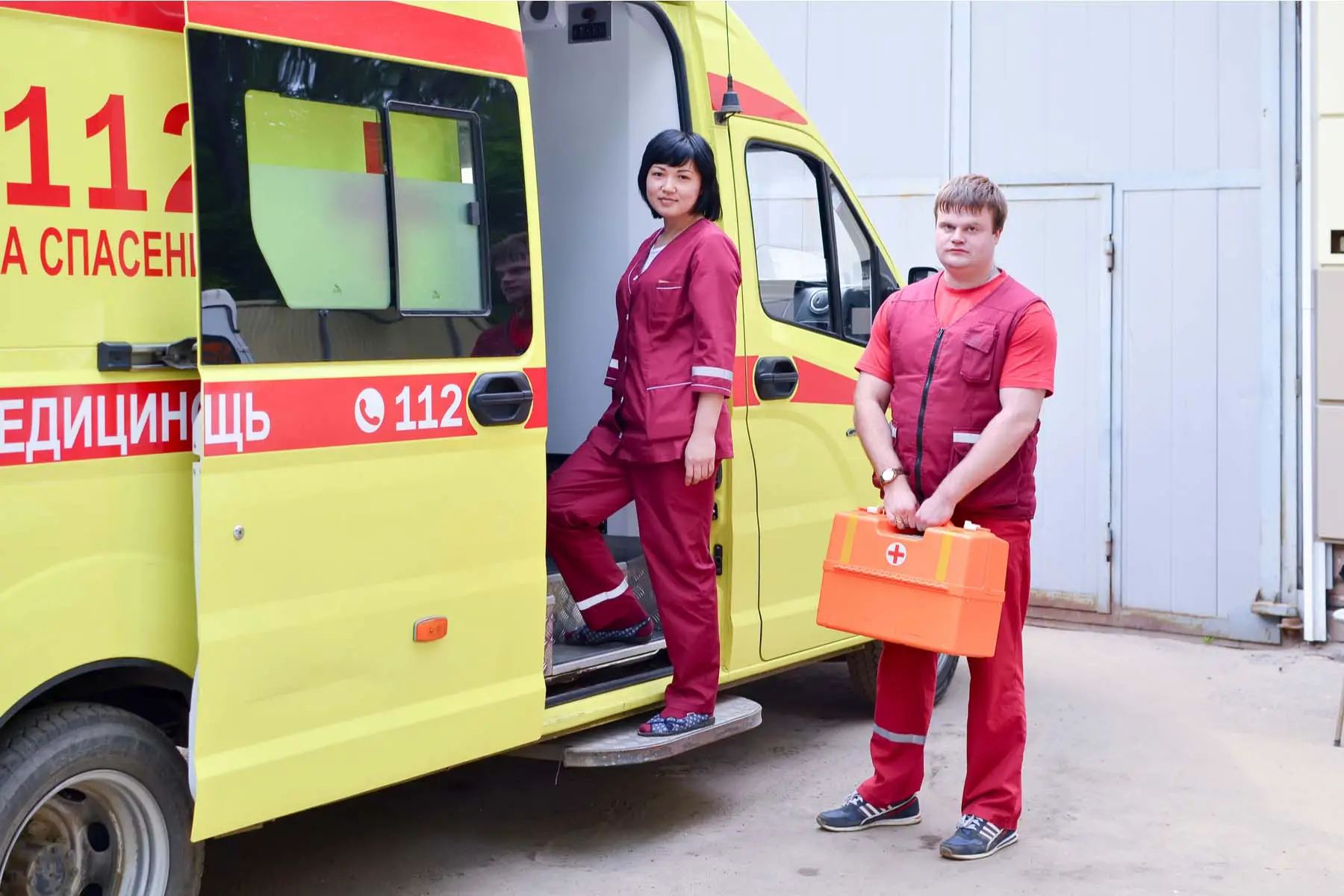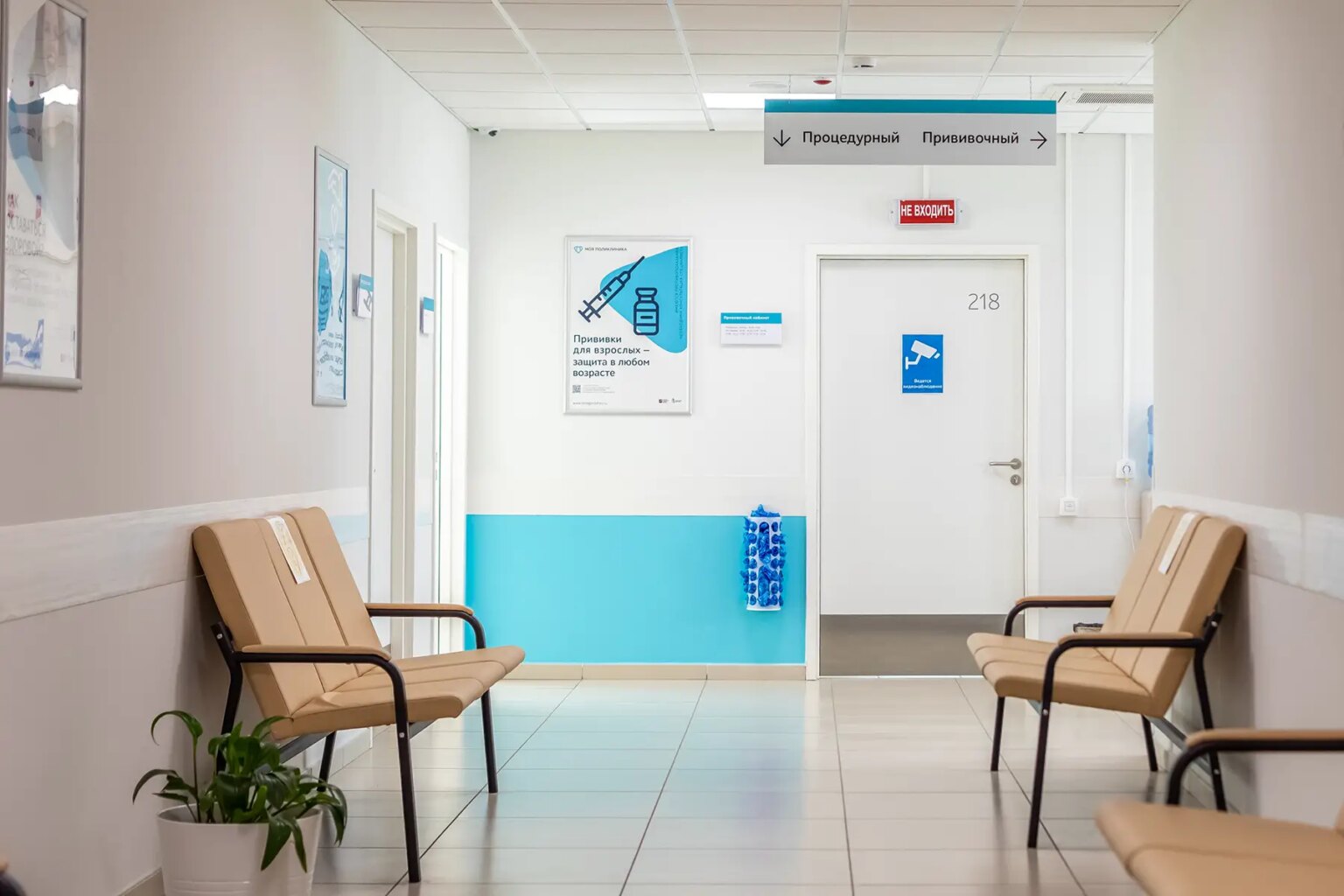Important notice from the Editor in Chief
Maintaining our Russian site is a delicate matter during the war. We have chosen to keep its content online to help our readers, but we cannot ensure that it is accurate and up to date. Our team endeavors to strike the right balance between giving information to those who need it, and respecting the gravity of the situation.
Expats moving to Russia should take out private health insurance plans to bridge the gap between Russia’s struggling state healthcare system and the standard of care in their home country.
This guide on health insurance in Russia covers the following topics:
The healthcare system and health insurance in Russia
Healthcare in Russia is free for citizens and residents under the state insurance system, referred to as Obligatory Medical Insurance (OMI). This covers most basic treatments. However, the Russian healthcare system rates very poorly and has faced significant criticism.
The public healthcare system in Russia has suffered from substantial budget cuts, resulting in longer waiting times for patients. The 2021 Health Care Index lists Russia’s system as 58th best out of 89 countries, with a fairly low score for infrastructure quality.
The quality of state healthcare you’ll receive varies drastically around the country. Major cities such as Moscow and Saint Petersburg boast some of the best hospitals in Russia. Many rural areas, however, have few or no medical facilities at all. With this in mind, expats moving to Russia should take out private insurance or use international insurance.
Who needs health insurance in Russia?
State health insurance in Russia is available to anyone with the right to live and work in the country.
Employer contributions fund Russian health insurance. The employer pays 2–3% of your salary as social security tax, and a percentage of this goes into the national healthcare fund.
Foreign nationals moving to Russia will also need to obtain additional voluntary medical insurance in Russia (VHI). If you don’t receive comprehensive insurance as a workplace benefit, you may find the most basic packages don’t offer enough coverage.
It’s not as easy as it once was to get healthcare coverage when visiting Russia. In January 2016, the long-standing reciprocal healthcare agreement between Russia and the UK was canceled. It’s also a similar case if you’re visiting from the US.
Public health insurance in Russia
Who does public health insurance cover?
- Foreign workers: foreigners are required to take out medical insurance to get a Russian visa, or check that their private health insurance plan covers them.
- Non-EU citizens: non-EU citizens need to check if their home country has a reciprocal healthcare agreement with Russia.
- Students: university students can take out private health insurance, either an international policy in your home country or a Russian health insurance plan once you arrive in the country. If you choose the former option, you’ll usually pay for any medical services in cash and then be reimbursed by your insurance company when you arrive back home after your studies.
- Children: children receive free healthcare in Russia.
- Retired people and low earners: Those who cannot contribute to OMI (e.g., unemployed, children, those too ill to work) can still access free healthcare. Retirees in Russia can also access healthcare freely.
Medical insurance and Russian visa rules
The rules and regulations surrounding medical insurance for Russian visas are renowned for changing on a regular basis.
You will need to check with the Russian consulate in your home country to see if you require medical insurance for Russia. You will typically need to arrange medical insurance for a Russian visa before it will be approved.
What does the Russian healthcare system cover?
Russian healthcare policies offer varying degrees of cover for the following issues:
- Inpatient care: covers treatment that requires an overnight stay at a hospital.
- Outpatient care: covers treatment that doesn’t require an overnight stay – this is usually available as an optional benefit.
- Chronic condition insurance: covers illnesses that have no definitive cure.
- Pre-existing condition insurance: covers illnesses that existed before the plan was taken out; most plans will have a moratorium period for pre-existing conditions.
- Emergency evacuation insurance: covers transport to the nearest private medical center if you can’t get adequate care in your local area.
- Maternity and newborn child coverage: covers scans, classes, and maternity care for mothers, and for newborn children it includes vaccinations and doctors visits, and in some cases a 24-hour hotline with access to a pediatrician. There may be a waiting period after signing up for your policy when you can’t apply for maternity care.
- Dental insurance: the majority of Russian citizens pay for private dental care. If your health insurance plan doesn’t offer much protection you may consider expanding it; find dentists in Moscow with our directory of dental listings in Russia.
- Vaccinations: generally covered as part of your outpatient plan.
- Sick pay: your employer must pay sick pay while you’re off work due to illness. Your employer only pays for the first three days themselves. The Russian Social Security Fund funds sick pay after this time. How much sick pay you receive depends on your average salary in the previous two years.
How to apply for public health insurance
Your employer is responsible for applying for state medical insurance in Russia on your behalf. However, it’s possible to register yourself by visiting a Russian insurance provider with your passport and residence permit.
If you’re signing up yourself, it’s worth taking a Russian speaker along with you as the staff are unlikely to speak English. It might also be a great excuse to kickstart your journey of learning Russian.

If you have children, you’ll need to register them under your plan so they can also receive healthcare. You can to do this by visiting the Russian Ministry of Health with your passports, residence permit and your child’s birth certificate.
Private health insurance in Russia
Anyone can apply for private health insurance in Russia, although it’s easier if you live in a big city.
For example, there are a number of private clinics in Moscow, many equipped with English-speaking doctors and staff. Private health insurance in Russia can be as expensive as abroad, so it pays to shop around for a good deal.
Private health insurance in Russia comes in many forms, but nearly 90% of insurance plans are taken out by businesses for their employees as a workplace benefit.
In addition to workplace Russian health insurance, it’s also possible to take out individual, family, group, and international health insurance for more coverage.
How does private health insurance work?
Most middle-class Russians and expats living in Russia have private health insurance, international health insurance, or simply pay upfront at private clinics when required.
Moscow boasts many international medical centers with English-speaking services. However, these clinics tend to be more expensive than local facilities, unless you have private health insurance.
Private health insurance improves your chances of accessing better healthcare. This includes shorter waiting times, better comfort, better standard of care, and being seen by a bilingual Russian doctor.
Russian health insurance premiums are usually calculated on your medical history, the level of coverage you require, and its geographical range.
Some foreign health insurance providers have contact with only a limited number of medical clinics. This means you can only use certain healthcare providers under your insurance policy. You can find links to the main private health centers in Moscow on our Moscow hospital listings.
Some providers require pre-authorization. So, you’ll need to contact your insurance company before any using medical services in Russia.
Unless your insurance company has a direct billing agreement with the medical clinic you intend to use, you will have to advance the payment and then claim reimbursement from the insurance company later.
Useful resources
- Russian Ministry of Health (in Russian)




